Education stakeholders are mulling introducing supplementary exams for the Kenya Certificate for Primary Education (KCPE) and the Kenya Certificate for Secondary Education (KCSE) under special circumstances.
Members of Parliament want candidates who are not able to sit for the exams due to health conditions to have special tests.
The National Assembly Education Committee on August 31 revealed that in the new proposals, expectant mothers and hospitalized candidates will no longer take exams in hospital beds.
Speaking during the tour at Mitihani house to assess the construction progress, the Chairperson of the committee Julius Melly, said there is need to review the current policy and introduce supplementary exams.
“You can’t give exams to a sick person in hospital. You can’t give exams to someone who has just given birth. We need to come up with a better policy,” Melly said.
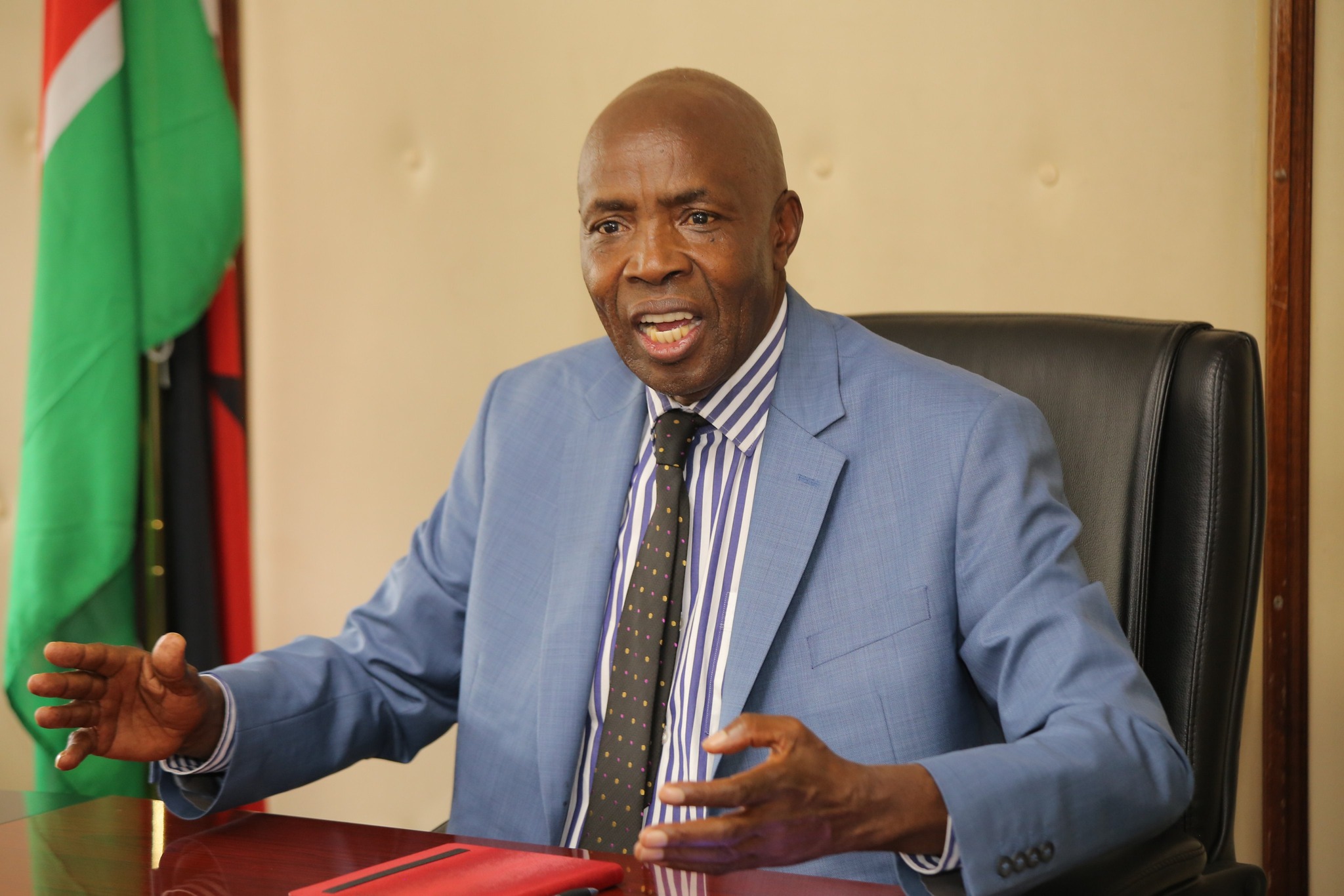
However, the policy review may take effect from next year since the current cohort of candidates is set for the exams from early November.
“I don’t think it’s going to happen this year, but we have given them a directive on that,” Julius Melly said.
According to Melly, a learner should sit for an exam when she or he is in the right state, devoid of sickness or pain.
“It is wrong to give an examination to a sick person; someone who had an operation and is on medication,” he noted.
Also Read: NEMA Issues Notice for Countrywide Crackdown
Supplementary Exams
Furthermore, during the Kenya Secondary School Heads Association meeting, Principal Secretary for Curriculum Reforms Fatma Chege while addressing reforms in the early childhood and continuous assessments, urged principals to be part of the transition, as the curriculum will allow students to sit for supplementary exams.
According to the PS, the CBC approach is different from the 8-4-4 system where students would sit KCPE and KCSE exams in hospital because they didn’t want to sit exams later.
“The pressure to sit for exams after eight years has been eased out. You find girls in the ward, giving birth, and an exam is waiting for them,” Chege said.
Also Read: Google Tests Tool to Spot AI Images
Moreover, the PS also shared that the CBC aimed to do away with the notion that national exams are do-or-die tests.
“By the time the child is transitioning from primary to junior secondary, that learner will have been assessed several times. By the time they finish Grade 6, they will have accumulated around 60 per cent of an expected 100 per cent,” she said.
Currently, supplementary exams are common in colleges and universities, especially for students who miss tests or do not attain the minimum grade.
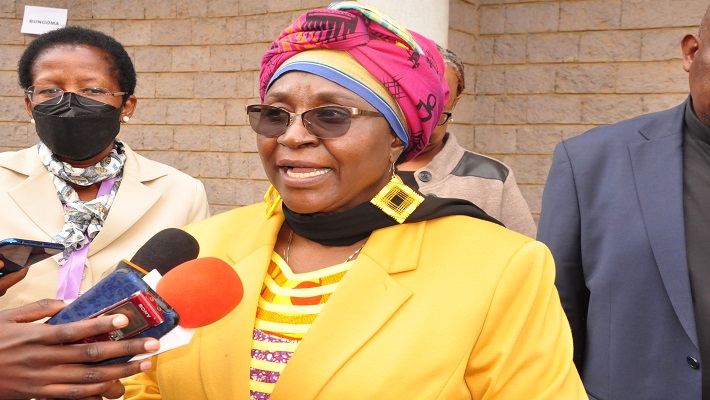

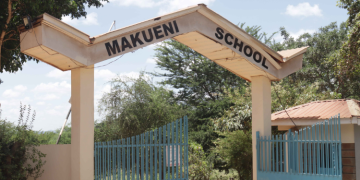
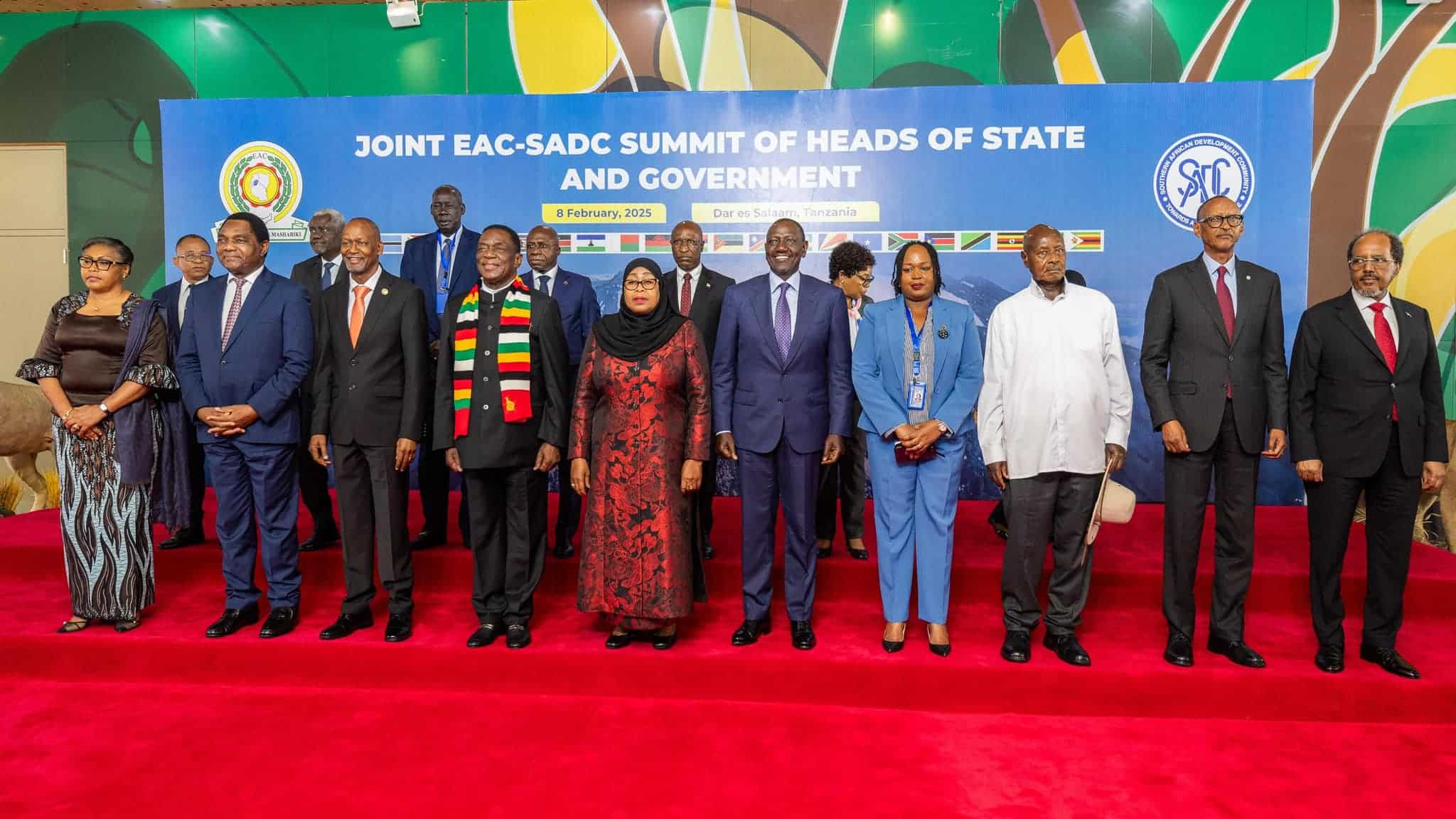
![Debate Rages Over Proposed Increase In Legal Drinking Age [Video] Nacada Raises Legal Drinking Age From 18 To 21]( https://thekenyatimescdn-ese7d3e7ghdnbfa9.z01.azurefd.net/prodimages/uploads/2025/07/beer-360x180.jpg)


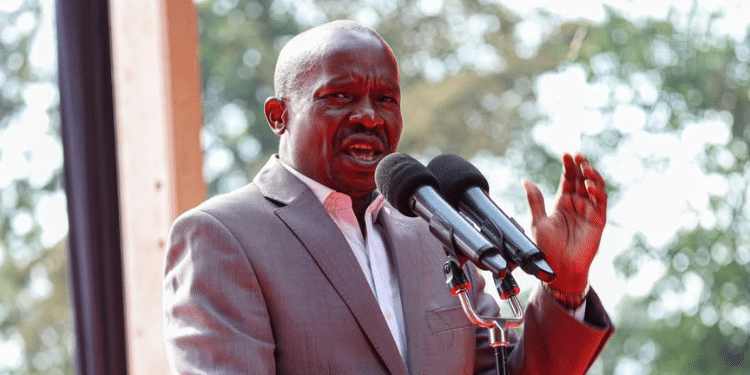
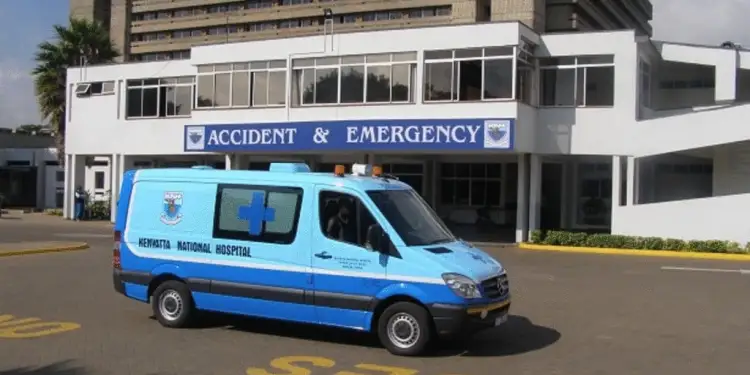
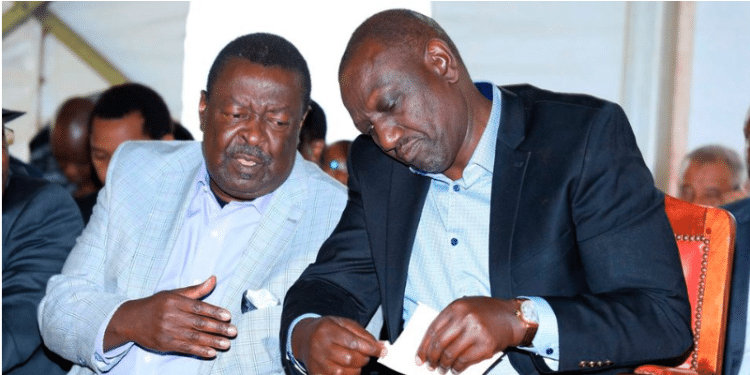
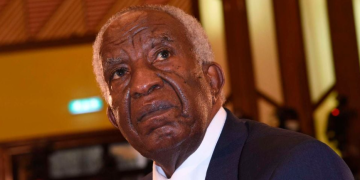







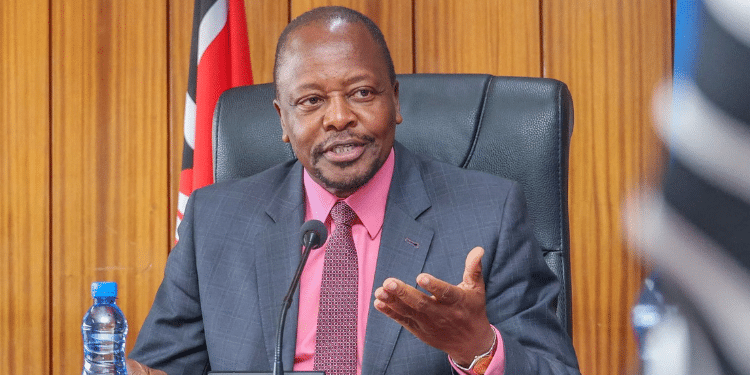


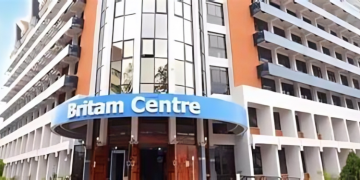
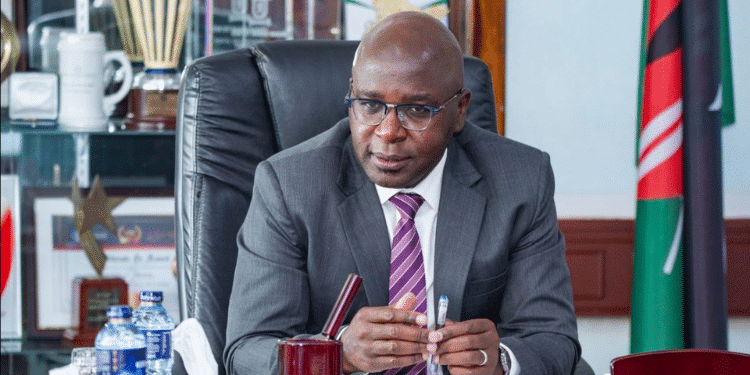
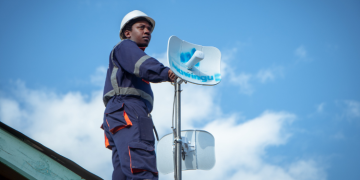
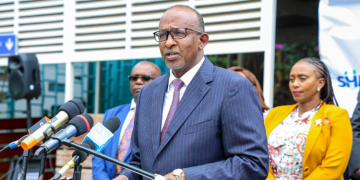
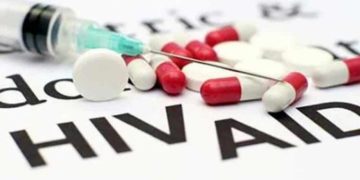
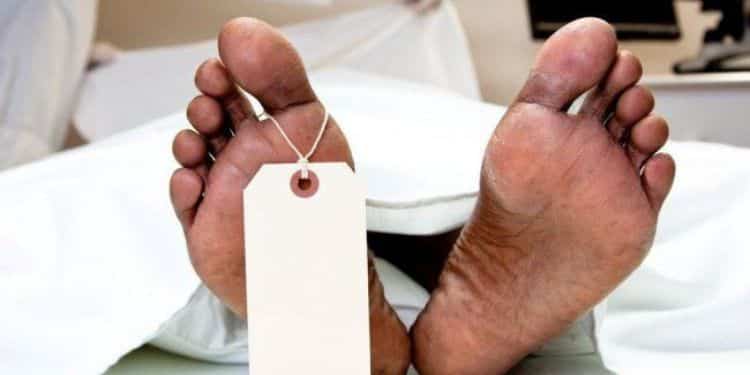





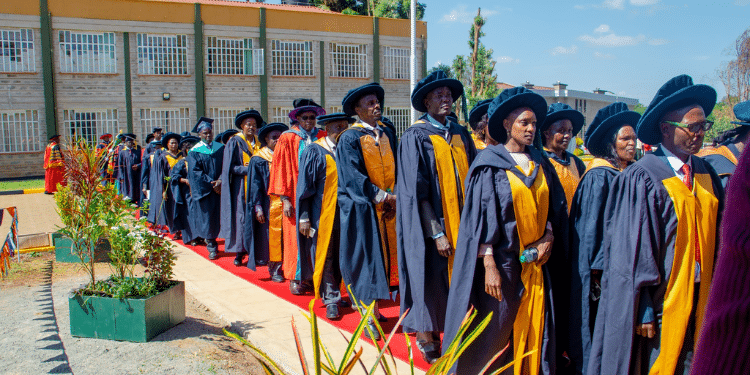
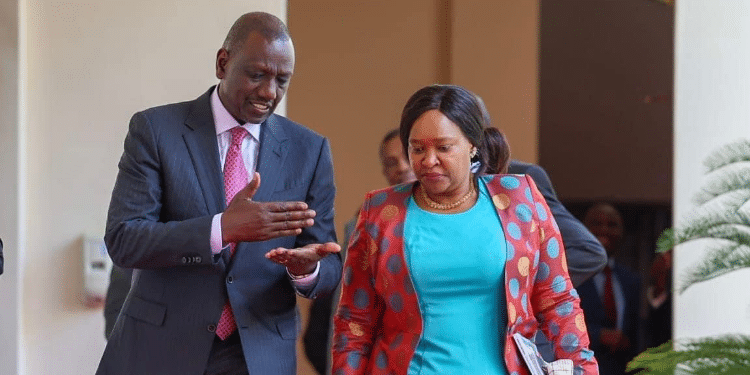
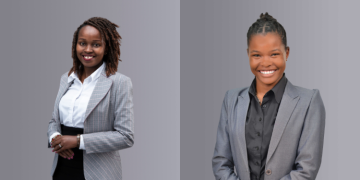




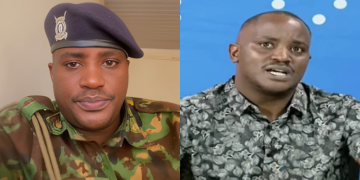
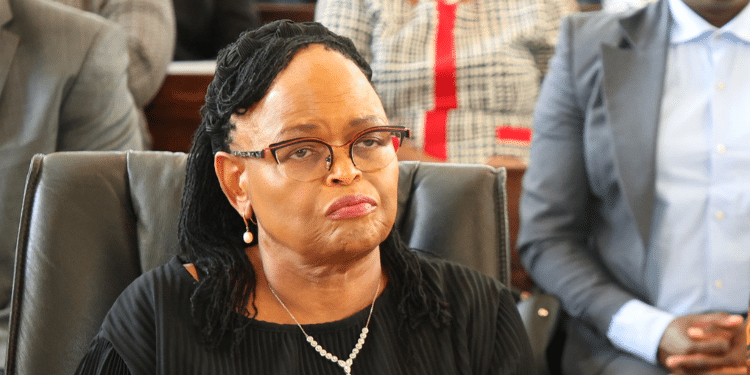
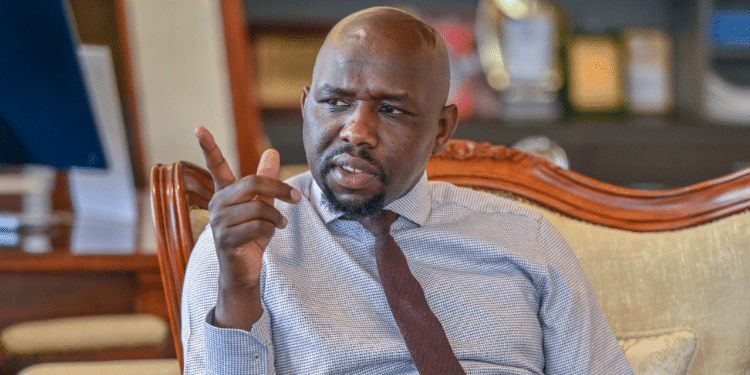
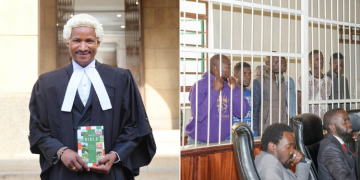





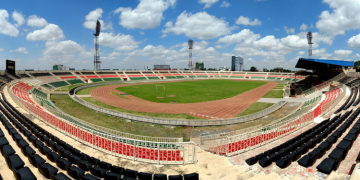
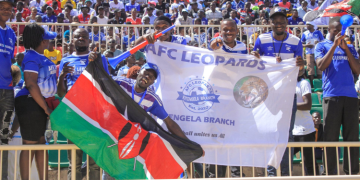
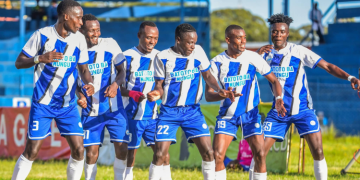
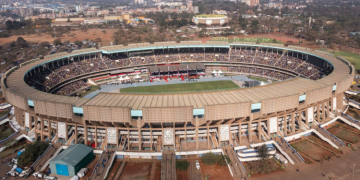
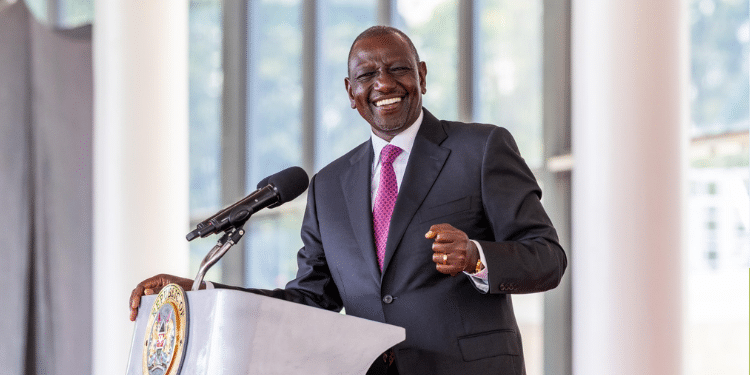





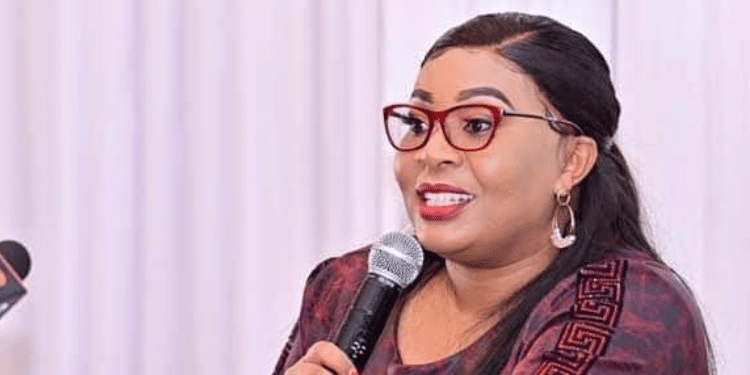




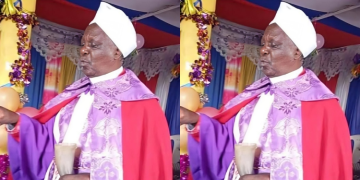
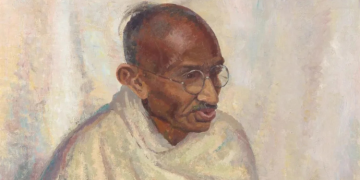





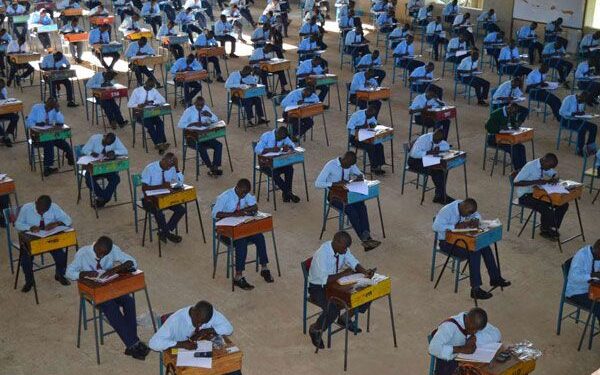

![Debate Rages Over Proposed Increase In Legal Drinking Age [Video] Nacada Raises Legal Drinking Age From 18 To 21]( https://thekenyatimescdn-ese7d3e7ghdnbfa9.z01.azurefd.net/prodimages/uploads/2025/07/beer-120x86.jpg)